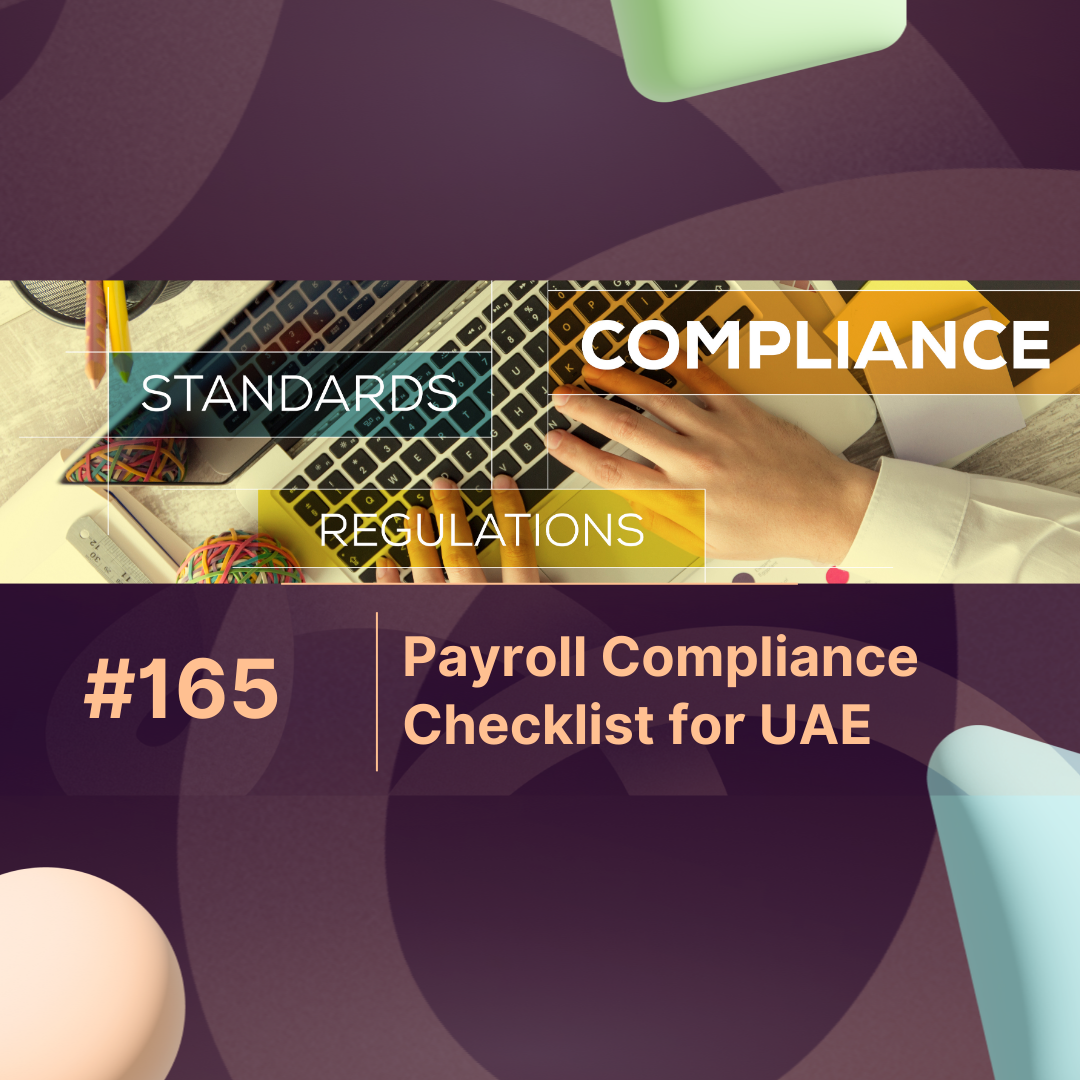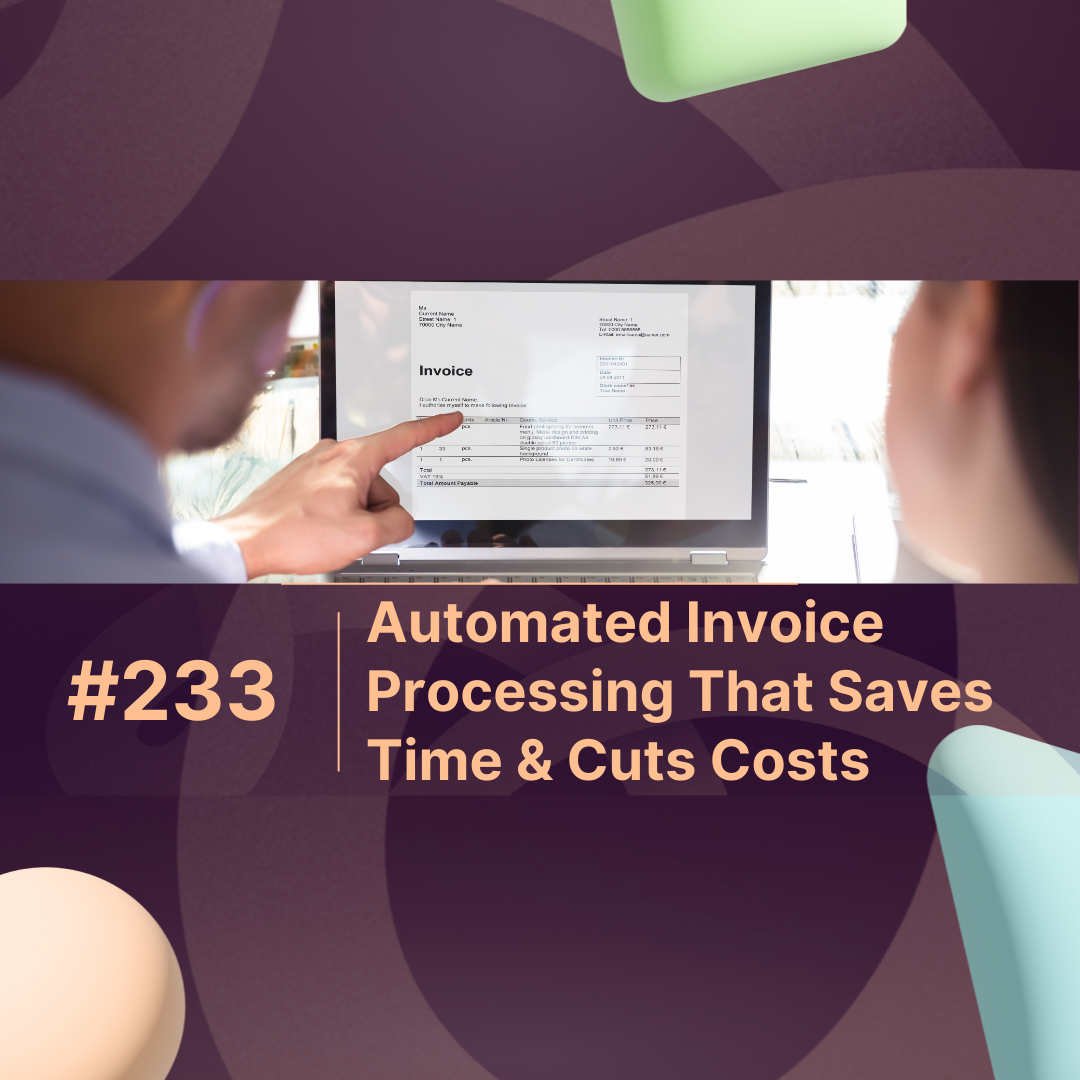Overview
Payroll compliance in the UAE is more than just paying salaries on time—it’s about following labour laws, WPS (Wage Protection System) guidelines, and accurate tax/social contributions. Companies that fail to comply face penalties, license suspensions, or reputational risks. This payroll compliance checklist ensures your business stays aligned with UAE laws while protecting employees and strengthening trust.
What is a Payroll Compliance Checklist in the UAE?
A payroll compliance checklist is a structured guide that helps HR and finance teams ensure salary processing meets UAE labour regulations. It covers WPS submissions, record-keeping, leave entitlements, gratuity calculations, and data privacy.
Direct Answer:
In the UAE, a payroll compliance checklist is a step-by-step process companies use to comply with the Ministry of Human Resources and Emiratisation (MOHRE) regulations. It includes timely WPS salary transfers, correct end-of-service benefits, maintaining employee records, and following tax/social security rules.
Why Payroll Compliance Matters for UAE Businesses
Payroll compliance isn’t optional—it’s mandatory. Here’s why it matters:
-
Legal Protection: Avoid fines (up to AED 50,000 for violations).
-
Employee Trust: Ensures transparent and timely salary payments.
-
Reputation Management: Non-compliance can lead to public blacklisting.
-
Operational Efficiency: Automates payroll processes, reducing errors.
-
Future Readiness: Digital payroll systems (like MaxHR) simplify compliance.
Payroll Compliance Checklist for UAE Companies (Step-by-Step)
| Step | Compliance Requirement | Frequency | Penalty for Non-Compliance |
|---|---|---|---|
| 1 | Register with MOHRE & WPS | One-time | AED 5,000 fine per employee |
| 2 | Submit salary via WPS | Monthly | AED 1,000–AED 50,000 |
| 3 | Maintain employee records | Ongoing | Possible license suspension |
| 4 | Calculate gratuity/end-of-service | At termination | Legal disputes, fines |
| 5 | Track leave balances (annual/sick/maternity) | Ongoing | Employee claims in labour court |
| 6 | Protect payroll data (GDPR + UAE DP Law) | Continuous | Data breach penalties |
| 7 | Audit payroll accuracy | Quarterly | Risk of audits, penalties |
Key Payroll Compliance Laws in the UAE
-
Wage Protection System (WPS): Mandatory for salary transfers.
-
Federal Decree-Law No. 33 of 2021: Governs employment contracts, working hours, and benefits.
-
End-of-Service Gratuity: Based on continuous service and last basic salary.
-
Social Security (for UAE/GCC nationals): Employers must contribute to pensions.
-
Data Privacy Regulations: Payroll records must comply with UAE Data Protection Law (2021).
Best Practices for Payroll Compliance in the UAE
-
Automate payroll with trusted HR solutions (like MaxHR) for accuracy.
-
Stay updated with MOHRE circulars and legal updates.
-
Conduct internal audits at least quarterly.
-
Train HR staff on compliance and WPS filing.
-
Maintain employee transparency by issuing digital payslips.
How Payroll Software Helps with Compliance
Manual payroll increases risks of errors and fines. Modern payroll platforms help by:
-
Auto-calculating WPS salaries.
-
Generating MOHRE-compliant reports.
-
Securing employee data.
-
Simplifying gratuity and leave calculations.
-
Offering real-time compliance alerts.
Many UAE businesses use solutions like MaxHR to ensure compliance, reduce admin time, and build employee trust.
Conclusion
A well-structured payroll compliance checklist isn’t just about avoiding penalties it’s about running a sustainable, employee-friendly business. By following UAE regulations, auditing payroll regularly, and leveraging HR software, companies can stay ahead of compliance risks and focus on growth.
FAQs
1. What happens if a company misses WPS salary deadlines in the UAE?
Companies face fines, suspension of new work permits, and possible blacklisting by MOHRE.
2. How is gratuity calculated in the UAE?
Gratuity is based on the last drawn basic salary and years of service, as per Federal Decree-Law No. 33 of 2021.
3. Do free zone companies also need to follow payroll compliance?
Yes, most UAE free zones require WPS or similar payroll reporting to ensure timely salary payments.
4. How often should companies audit payroll compliance?
At least quarterly, but monthly checks are recommended for accuracy and risk control.
5. Which payroll software is best for compliance in the UAE?
Solutions like MaxHR are designed for UAE laws, automating WPS submissions, gratuity, and compliance reports.



